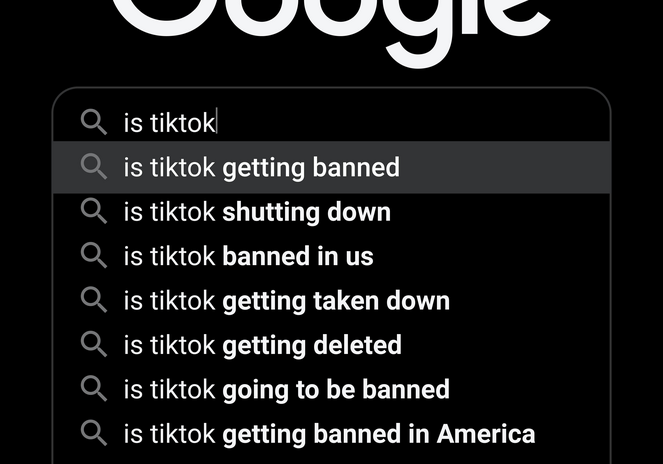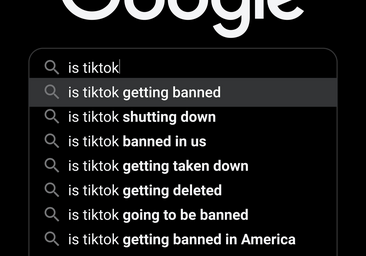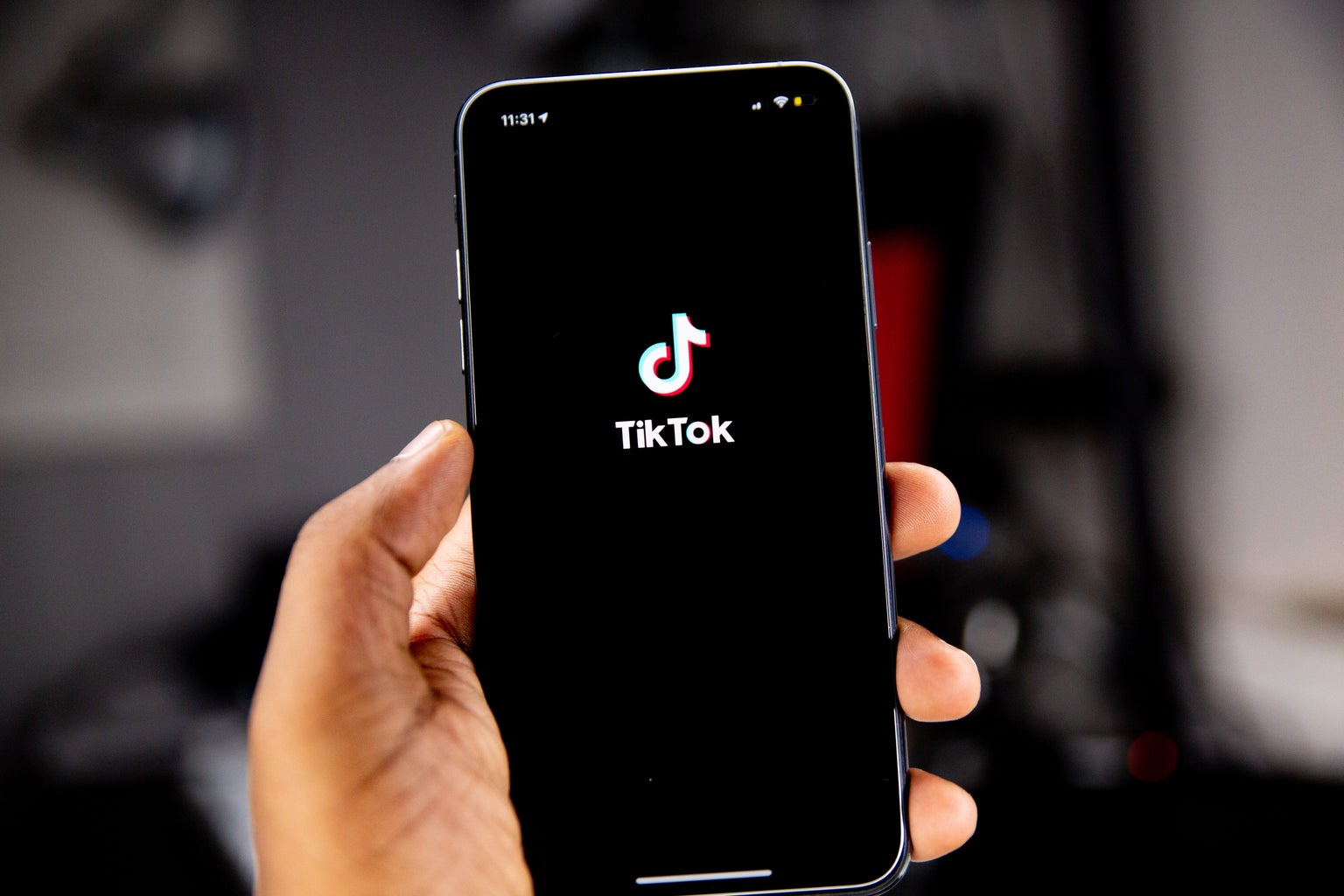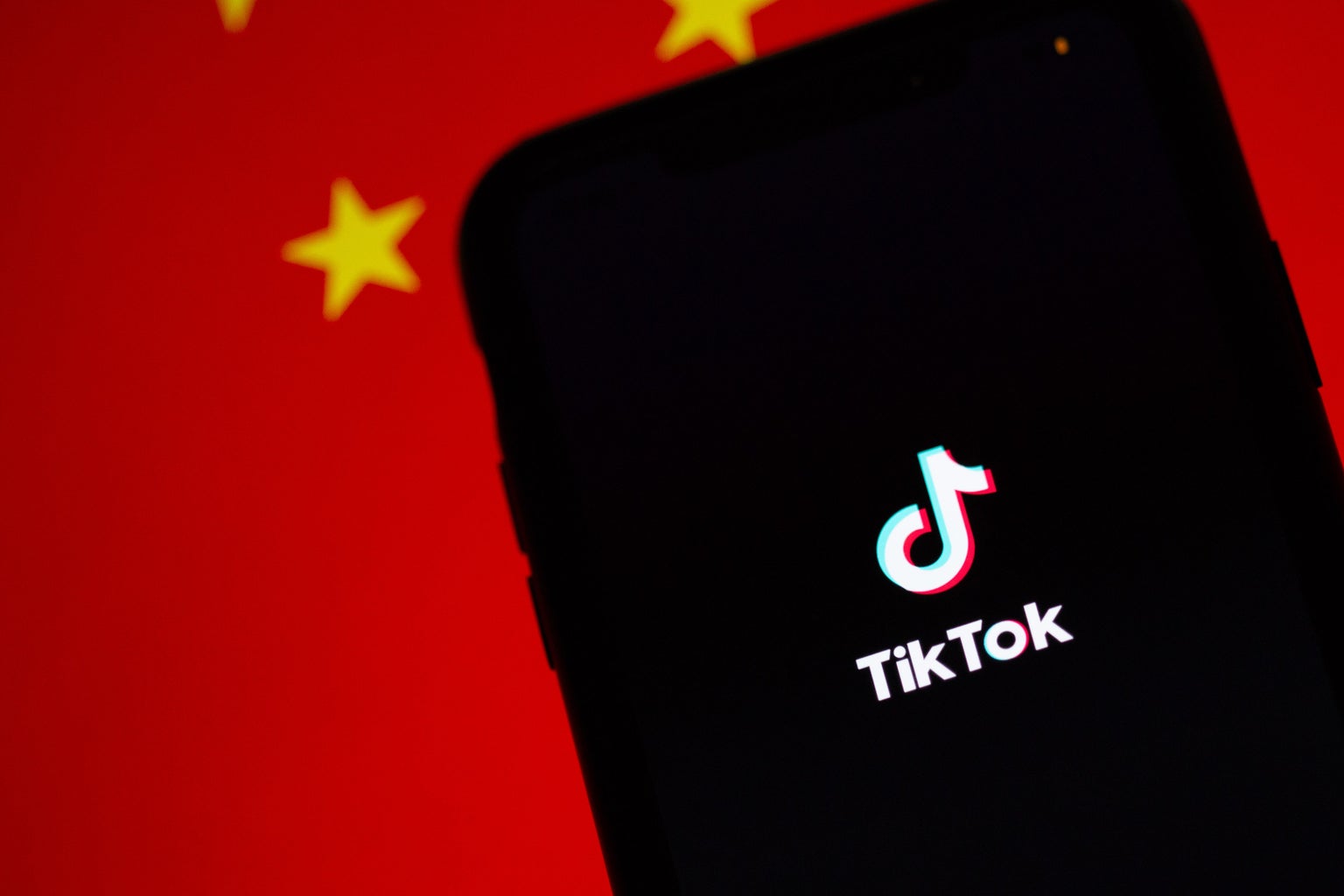If you are anything like me, you spend a lot of time on TikTok (probably a little too much time). I get all my best outfit inspiration, skincare recommendations, and life hacks from TikTok, but the information shared on this app goes far deeper than just this menial content.
TikTok is an information hub for news, current events, political gatherings, and sociopolitical discourse. On TikTok, I learn new information, hear different points of view, and interact with content that would otherwise not reach me on other platforms. From different content creators, I’ve picked up LSAT study tips, listened to up-and-coming music artists, and learned about current events that the mainstream news cycle is not reporting.
Recently, there’s been a lot of controversy surrounding the Chinese ownership of the TikTok app and the implications this has on U.S. user data privacy. Congress is concerned about this. So much so, in fact, that they held a hearing to question the CEO of TikTok, Shou Chew. You may have seen bits and pieces of this hearing on TikTok or in the news, but the process of banning an app, and the legislation that accompanies it, can be complicated to understand. I am here to help break down that process and simplify it into everyday terms.
What’s wrong with tiktok?
Let’s begin with why Congress is so up in arms about TikTok. In the most basic sense, lawmakers are concerned that TikTok provides the Chinese government with U.S. user information, such as viewing preferences, advertisement data, and following/like habits. They worry that the Chinese government uses this information to surveil US citizens and manipulate the information we see.
To address their concerns, Congress held a hearing called “TikTok: How Congress Can Safeguard American Data Privacy and Protect Children from Online Harms.” The hearing took place under the House Committee on Energy and Commerce, and it was essentially an opportunity for lawmakers to gather more information about their concerns through a formal testimony from the CEO of TikTok.
Another one of Congress’ concerns is the safety of children from online harms. There was a huge emphasis on the threats to our “innocent children” throughout the entire hearing. Within the first ten minutes of the hearing, Chairwoman Rodgers insisted that TikTok “allows adults to prey on our beautiful, beloved daughters”. Shou Chew argued that this is a threat on any social media app and stated that TikTok actually takes extra precaution to protect children. For example, Chew explained that TikTok is the first social media app to ban direct messaging for users under 16.
The Restrict act
To understand the potential TikTok ban, it is essential to understand a key piece of legislation introduced recently: The Restrict Act. This bill is only in its infancy stage in Congress, but it is a sweeping bill concerning “software designed or used primarily for connecting with and communicating via the internet that is in use by greater than 1,000,000 persons in the United States.” The bill would give the U.S. government jurisdiction to restrict any technology or software developed by a “foreign adversary,” which includes TikTok. The biggest takeaway to understand from this bill is that it does not protect your personal data, it only restricts foreign countries from accessing it.
Is tiktok really stealing our data?
Congress seems to view TikTok as a formidable threat to U.S. security and safety because of its connections with China, but how dangerous is the app in reality? The app itself is not Chinese, it is actually based in Singapore and the United States. However, the company that develops and controls TikTok, ByteDance, is Chinese and does have connection to the Chinese Communist Party (CCP). That being said, Shou Chew, under sworn testimony, stated that TikTok safeguards US data from being accessed by the CCP and will continue to ensure the safety of American data.
What does this mean for Tiktok?
Whether or not TikTok will be banned depends on if The Restrict Act is passed into law. This is an extremely long process, and Congress is a very slow moving body. If we do see a TikTok ban, it won’t be for quite a while. So don’t worry, because we aren’t saying goodbye to the app just yet!




